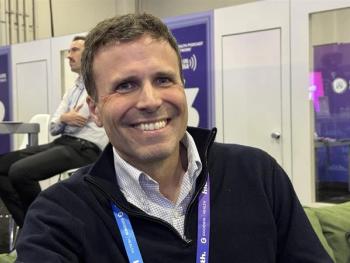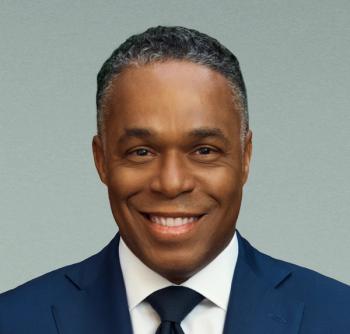
Most workers are grappling with mental health, few are pursuing care: Survey
Many employees say their mental health struggles are affecting their work, according to a One Medical survey. The poll also saw a gap between workers’ experiences and the expectations of HR managers.
Nearly two out of three employees say they are struggling with their mental health, but most aren’t seeking help, according to a survey by One Medical, the primary care organization.
In addition, one in three workers say their health worsened over the past year.
But at the same time, the survey illustrated a disconnect between workers’ views on their health and the perceptions of HR personnel and benefits managers. Workers also say they have trouble accessing healthcare.
The survey, which was released this week, gathered responses from 800 employees and 800 human resources or employee benefits leaders. Participants were surveyed from Dec. 6-19.
Here are some of the key findings of the survey, outlined in
Worker health
Only a quarter (25%) of workers said their health improved over the last year, while 34% said their health worsened in the previous 12 months, and 41% said their health remained the same.
Mental health
The survey found 64% said they were struggling with mental health issues. And 32% said their mental health declined over the past year. It’s taking a toll on workers, and their employers. Among those grappling with their mental health, 91% say they’re less productive at work.
Benefits utilization
Most workers (84%) are using benefits, but only a little more than a third (37%) are utilizing preventive care. Only 19% of workers sought out mental health care last year.
Gap in views
Most HR or benefits managers said they thought workers were doing better than they are. Among HR leaders, 59% said workers’ physical health improved, while 60% said employees experienced better mental health. The survey suggests employers and managers don’t recognize the struggles of some of their workers.
Navigation issues
More than half of workers (55%) say they’re overwhelmed when trying to navigate the healthcare system, and 39% indicated it’s difficult to find available treatment options.
What workers want
Employees cited some key elements they want in their benefits. These are the top five features that matter to workers, according to the survey: price transparency (92%); benefits that are easy to use (90%); convenient access to in-person care (90%); affordability (89%); quickly getting in-person care (89%).
More investments
Employers appear to be taking action. More than half of those surveyed (56%) say they are adding primary care solutions this year.
HR priorities
Human resources and benefits managers say they want to make it easier for workers. Their top priorities: helping workers with care navigation solutions (47%); improving communication and awareness of benefits (45%); and improving mental and behavioral health benefits (42%).
“Mental and physical health are fundamentally linked, and employees need easy access to comprehensive primary care to help manage their whole health – from preventive and acute care to chronic disease and mental health care management,” Andrew Diamond, One Medical’s chief medical officer said in a statement.
One Medical offers primary care and virtual care through its membership service.






































